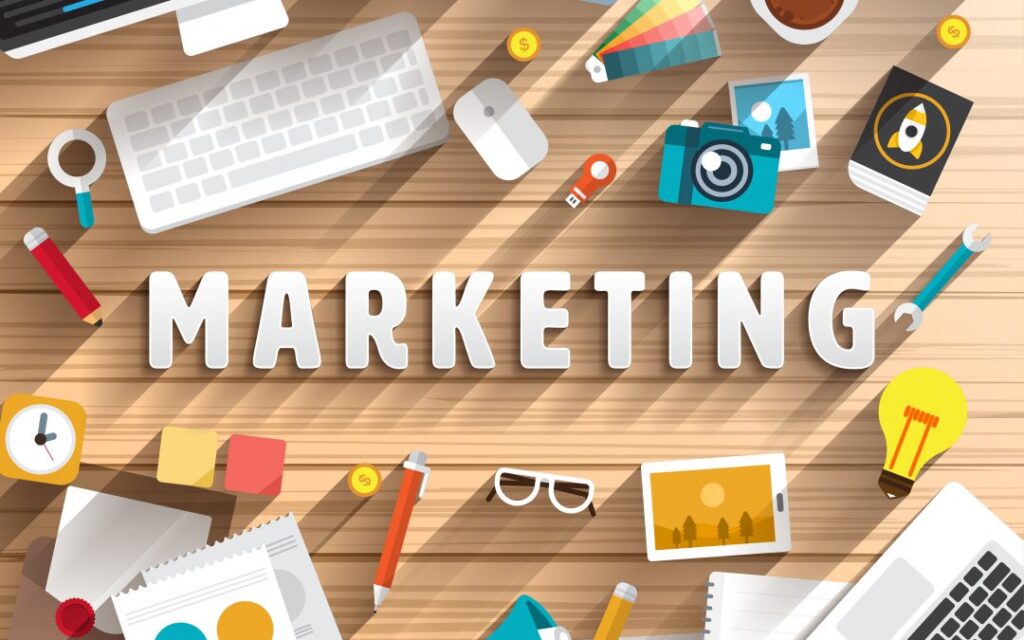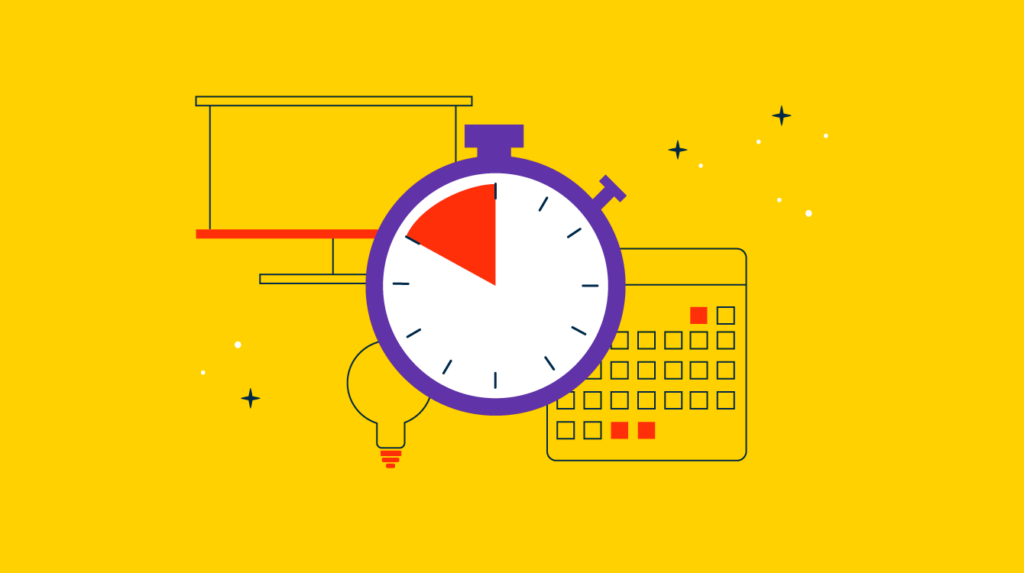As a small business owner, I know that you’re used to wearing all the hats, and one of the most critical hats is that of a marketer. And with limited budgets and resources, do you often find yourself asking the age-old question: “Do it on my own or hire a professional?”
You may have doubts like “Can I handle marketing on my own?” “Do I have enough time and resources?”, or “What if I can’t do it properly?” I know deciding between doing it by yourself or getting professional help can be tough, so let’s take a look at the pros and cons of DIY marketing and how to strike a balance between them!
The Pros:
- Cost-Effective: We get it—running a small business often means being creative with our finances, and DIY marketing lets us save those hard-earned dollars that might otherwise go to pricey agencies and allocate the budget elsewhere.
- Flexibility and Agility: When you handle marketing in-house, you have the flexibility to experiment with various strategies and adapt quickly to changing market trends. This agility can be a game-changer for small businesses, enabling us to stay ahead of the competition.
- Personalised Approach: DIY marketing enables you to create a personal touch in your campaigns. You’re free to express your brand’s personality onto every aspect, making your message more relatable and allowing you to build stronger connections with your audience.
The Cons:
- Time-Consuming: Let’s face it; marketing is time-consuming work. As a small business owner, you already have lots of responsibilities, and adding marketing to the mix can spread you thin. DIY marketing demands careful planning, execution, and monitoring, which can eat away your valuable time.
- Limited Expertise: While you may be the master of your business, marketing requires a specific skill set. DIY marketing might not get you the desired results if you lack expertise in areas like SEO, content creation, or social media management.
- Risk of Inconsistency: Without a cohesive marketing strategy, there’s a risk of inconsistency in messaging and branding. This lack of uniformity can confuse your audience and dilute your brand identity.
- Opportunity Cost: Every hour spent on marketing is an hour not spent on other crucial aspects of your business. DIY marketing may save you money, but it can potentially cost you missed opportunities and growth.
Striking the Right Balance:
The key to successful marketing lies in finding the right balance. If you’re considering DIY marketing, consider the following tips to make the most of your efforts:
- Invest in Learning: Dedicate time to educate yourself about marketing best practices. Attend webinars, read blogs, and follow industry experts to expand your knowledge.
- Leverage Tools and Technology: In this digital age, there are plenty of marketing tools and platforms that can make your job easier. Check out email marketing software, social media management tools, and analytics platforms to get useful information.
- Outsource Specific Tasks: While you may handle overall strategy, consider outsourcing specific tasks to experts when needed. Hiring a marketing consultant for specialised tasks like email marketing, content creation, and social media management can bridge this gap and ensure better results.
- Measure and Analyse: Keep a close eye on your marketing metrics. Analyse your data to understand what works, what doesn’t, and improve your marketing efforts over time.
DIY marketing can be a rewarding journey for small business owners. It empowers you to connect with your audience personally, gain more experience in growing your business, and even expand your network in your industry. However, it’s still important to acknowledge that DIY marketing may have its fair share of challenges.
Ready to get marketing? Or not sure where to start, speak to an advisor at Western Sydney Business Centre today.






